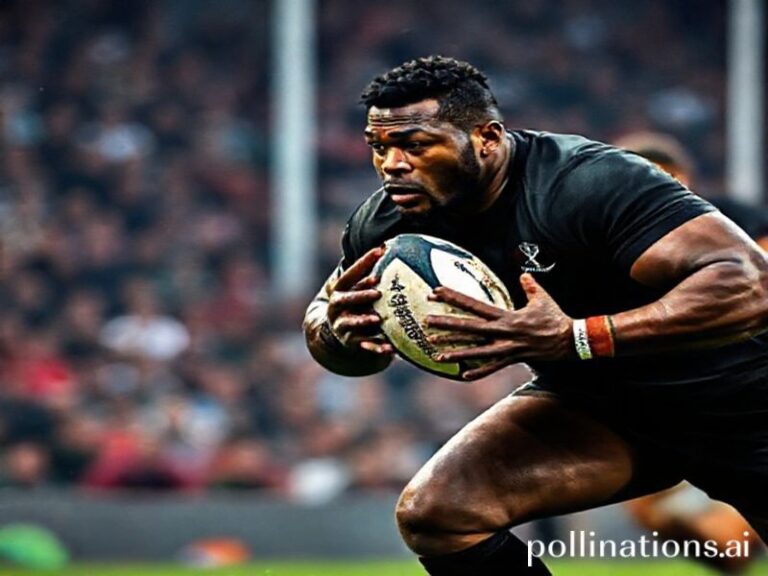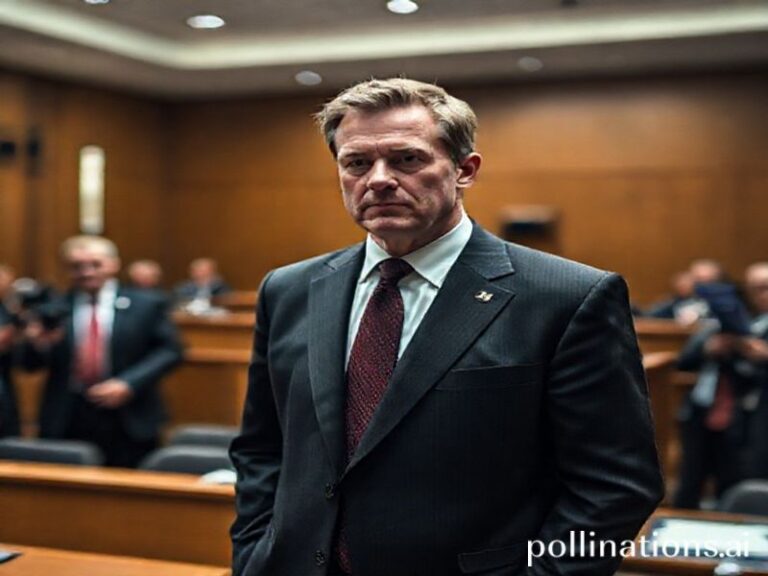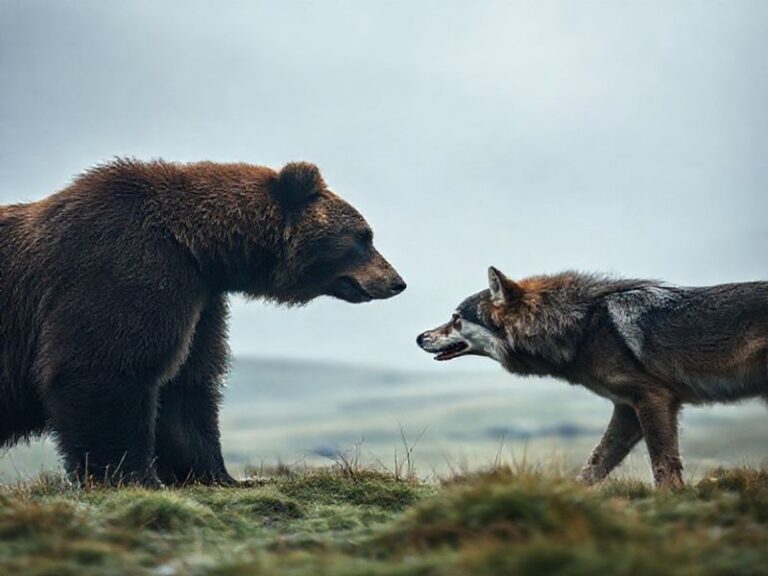Barkov at 3:14 A.M.: How One Man Eating Herring in Murmansk Moved Global Markets
Barkov: the name now ricochets around chat rooms, boardrooms, and dimly lit war rooms from Helsinki to Ho Chi Minh City with the same urgency once reserved for terms like “sub-prime” or “Brexit.” At first glance it sounds like a mid-tier vodka brand or a minor character in a Dostoevsky subplot, but Barkov—part meme, part commodity, part geopolitical weather vane—has become the Rorschach test of late-stage globalization. Stare at it long enough and you’ll see whatever you most fear: an energy crisis, a crypto-coup, a TikTok dance, or your own reflection wearing a balaclava.
The origins are charmingly mundane. Andrei “Barkov” Barkhov, a third-generation fur-trader turned freelance futures savant, posted a 47-second video on 9 November 2023 from a Murmansk loft. In it he calmly eats pickled herring while explaining—through subtitles so deadpan they could be mistaken for AI-generated—that the true price of European natural gas is “whatever I decide it is at 3:14 a.m. UTC, because that is the loneliest minute on Earth.” The clip was clipped, remixed, tokenised, and within 48 hours $3.7 billion in derivatives were quoting “Barkov 3:14” as a benchmark. Traders from Singapore to São Paulo now set phone alarms for the bewitching hour, a global symphony of insomnia conducted by a man who still uses a Nokia 3310.
International significance? Picture the Intercontinental Exchange, OPEC+, and a Discord server called “Barkov After Dark” sharing custody of the same thermometer in a world running a permanent fever. When Barkov posted a follow-up clip filmed in front of a flickering dashboard showing minus-41 °C, European spot prices jumped 18 % before anyone bothered to check whether Murmansk was actually cold that day (it was; details matter). South Korea’s KOGAS issued a statement that read like poetry written by a nervous accountant: “We monitor all credible market signals, including social sentiment indicators.” Translation: we now hedge against pickled fish.
Meanwhile, the United States—never one to let a foreign crisis go un-monetised—has dispatched congressional aides to “study the Barkov phenomenon,” which is Beltway argot for figuring out how to slap sanctions on a vibe. The European Commission convened an emergency session so tedious that several commissioners reportedly watched Barkov clips on mute under the desk, which is the closest Brussels will ever come to a rave.
Emerging markets have taken a more creative approach. Nigeria’s central bank floated the naira against a bespoke “Barkov Basket” containing herring futures, thermal coal, and a single JPEG of a bored ape wearing a ushanka. The IMF, displaying the flexibility of a concrete overcoat, warned that “anchoring monetary policy to meme culture may pose downside risks.” Lagos street vendors now sell T-shirts that read “My pension was rebalanced by Barkov,” right next to stalls offering miracle yams. Capitalism’s last act is apparently a flea market with Wi-Fi.
The broader significance lies not in herring or hash rates but in the dawning realisation that markets no longer require consensus reality—only synchronized attention. Barkov has proven you can corner the imagination before you corner the commodity; the cart now squarely before the horse, which was last seen galloping toward an NFT auction in Dubai. Central bankers, who spent decades cultivating gravitas, now compete with a guy whose most prized possession is a 2004 snowmobile manual. The joke writes itself, then sells itself short.
Conclusion? Barkov is the perfect protagonist for our current chapter: simultaneously meaningless and all-powerful, a folk saint for the algorithmic age. Whether he ends up canonised, sanctioned, or simply pickled beside his beloved herring, the rest of us will keep refreshing feeds at 3:14 a.m., waiting for the next pronouncement from the high priest of late capitalism’s insomnia. Because if Barkov teaches us anything, it’s that the global village now worships at the altar of whoever can keep us awake the longest. Sweet dreams—if you can still afford them.







